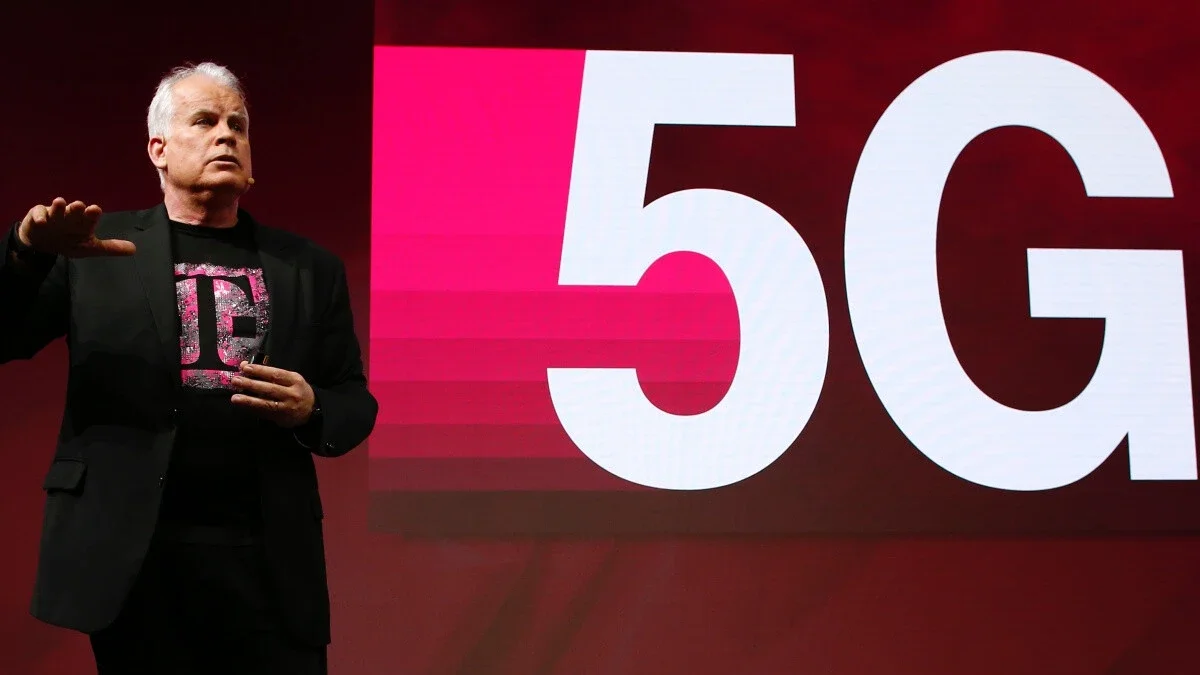Spectrum in Seattle: T-Mobile asks to test 3.45GHz 5G mid-band airwaves near company HQ

At the end of 2021, the FCC took in $21.8 billion during an auction of mid-band 3.45GHz licenses. AT&T was the big winner capturing the top bid on 1,624 licenses in 406 Partial Economic Areas (PEAs). T-Mobile won 199 licenses in 79 PEAs. Originally, the carrier asked to modify the experimental authorization it previously received in January to test these mid-band airwaves in Dallas, New York City, and Kansas City, Missouri by adding Seattle to the list.
Per Fierce Wireless, T-Mobile told the FCC last month, "Since the grant of its application, T-Mobile discovered that its business needs no longer require it to conduct testing using the 3.45 GHz band at all of the sites authorized in January." But it still wants authorization to test the 3.45GHz airwaves in Seattle because that is where its headquarters are located and also where it has its testing labs. In a previous filing, it also mentioned that it could go into the secondary market and buy more spectrum in Seattle.
The testing in Seattle would involve the use of nine Nokia base stations and 15 handsets from various smartphone manufacturers. In the latest filing to the FCC, T-Mobile wrote, "Grant of this request would serve the public interest because it would allow T-Mobile to continue experimenting as described in its initial application while reducing the geographic footprint of its experimental operations to only those areas required for testing."

T-Mobile still wants authorization to test 3.45GHz spectrum in Seattle
T-Mobile says that its experimental testing of the 3.45GHz spectrum in Seattle would not affect other wireless operators. Both Whitewater Wireless, which holds the C block license, and AT&T, owner of the D block license, had no objections to T-Mobile testing the 3.45GHz airwaves in the city. T-Mobile's experimental testing will overlap with the Bremerton, Washington area where the 3.45GHz band is employed by federal users. Bremerton is home to the Naval Base Kitsap but the Defense Department says it will not be affected.
If you are a loyal PhoneArena reader, you know that most of T-Mobile's mid-band spectrum is in the 2.5GHz band thanks to the more than 100MHz of airwaves it obtained in the acquisition of Sprint. Last year, T-Mobile added more 2.5GHz spectrum in another FCC auction but has been unable to take control of it due to Congress' failure to reinstate the regulatory agency's auction authority.
Follow us on Google News













Things that are NOT allowed:
To help keep our community safe and free from spam, we apply temporary limits to newly created accounts: